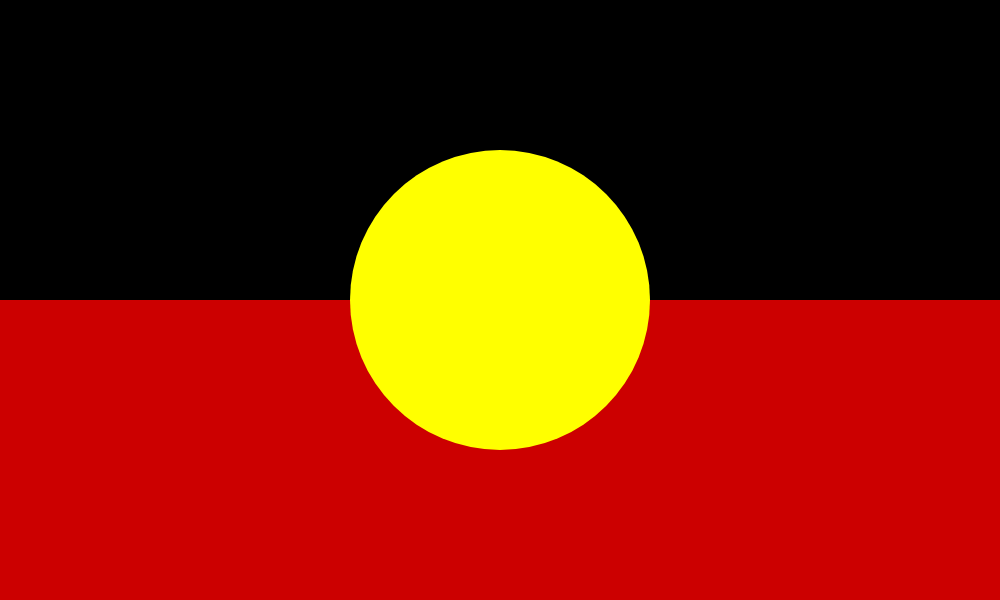Tribal leaders, health officials, and a new federal report say patients are routinely billed anyway as a result of backlogs or mistakes from the Indian Health Service, financial middlemen, hospitals, and clinics.
Tescha Hawley learned that hospital bills from her son’s birth had been sent to debt collectors only when she checked her credit score while attending a home-buying class. The new mom’s plans to buy a house stalled.
Hawley’s local Indian Health Service hospital wasn’t equipped to deliver babies. But she said staff there agreed that the agency would pay for her care at a privately owned hospital more than an hour away.
That arrangement came through the Purchased/Referred Care program, which pays for services Native Americans can’t get through an agency-funded clinic or hospital. Federal law stresses that patients approved for the program aren’t responsible for any of the costs.
But tribal leaders, health officials, and a new federal report say patients are routinely billed anyway as a result of backlogs or mistakes from the Indian Health Service, financial middlemen, hospitals, and clinics.
The financial consequences for patients can last years. Those sent to collections can face damaged credit scores, which can prevent them from securing loans or require them to pay higher interest rates.
Full article

